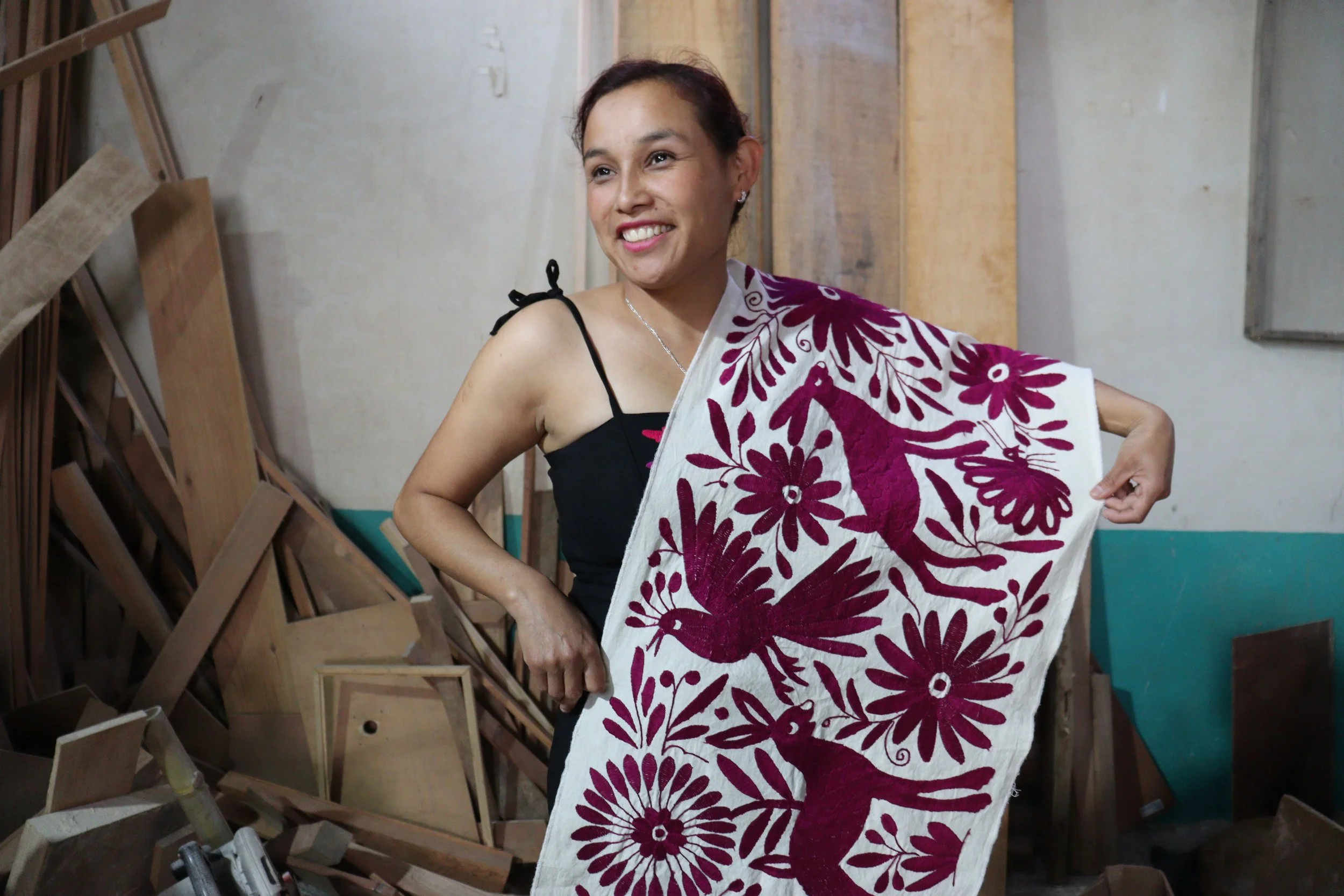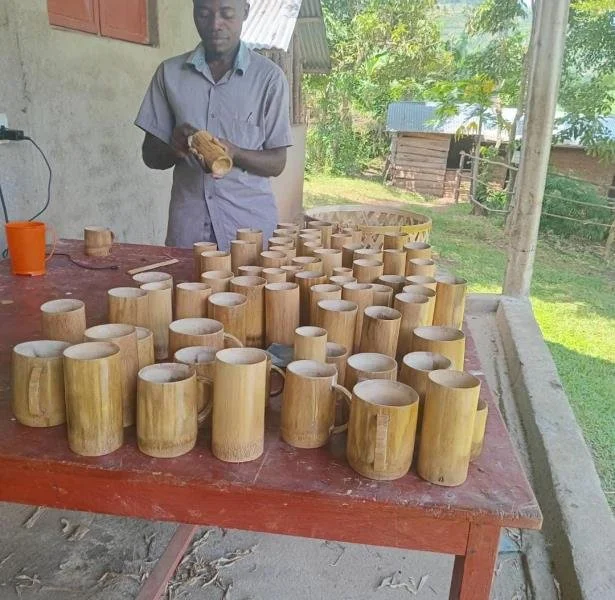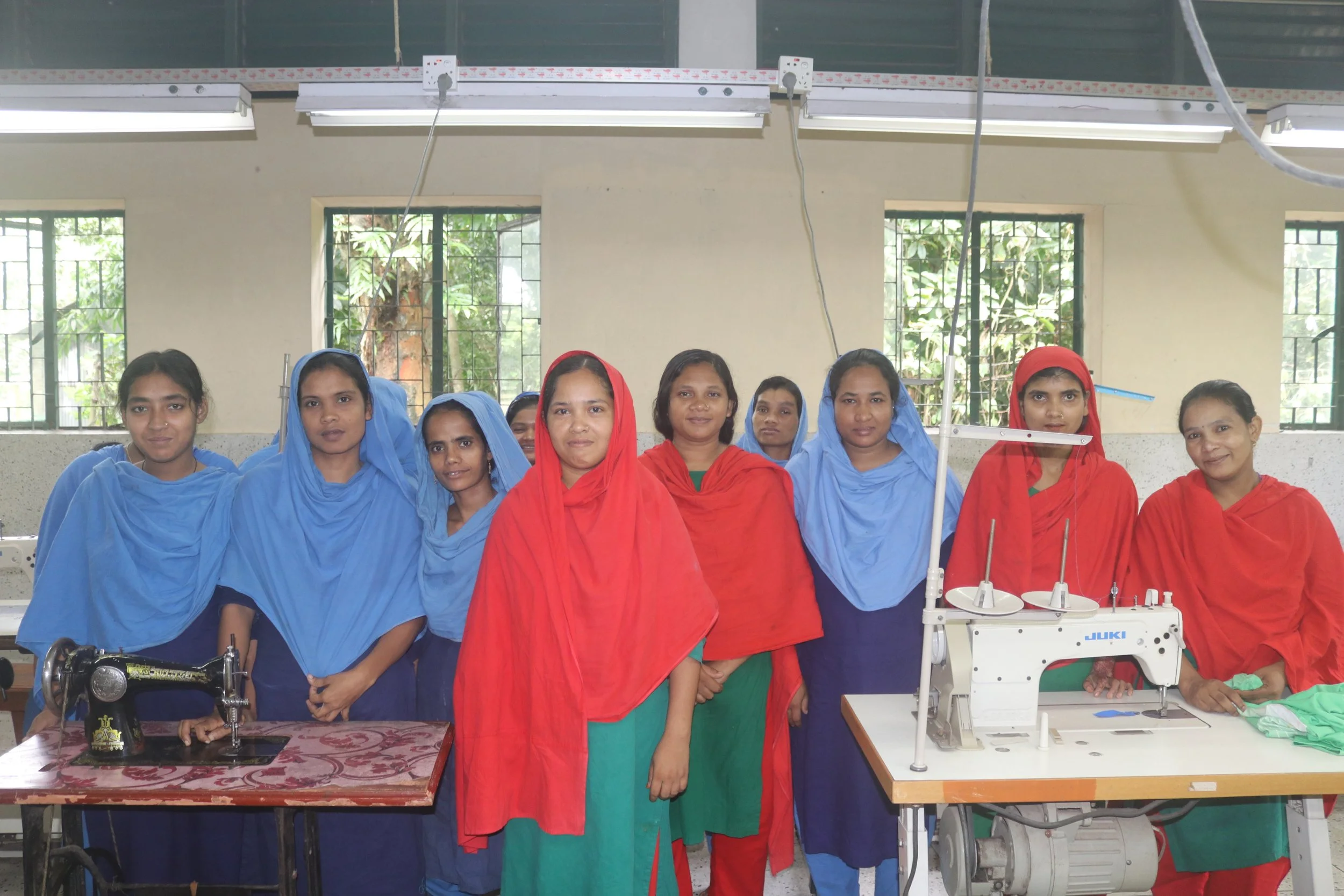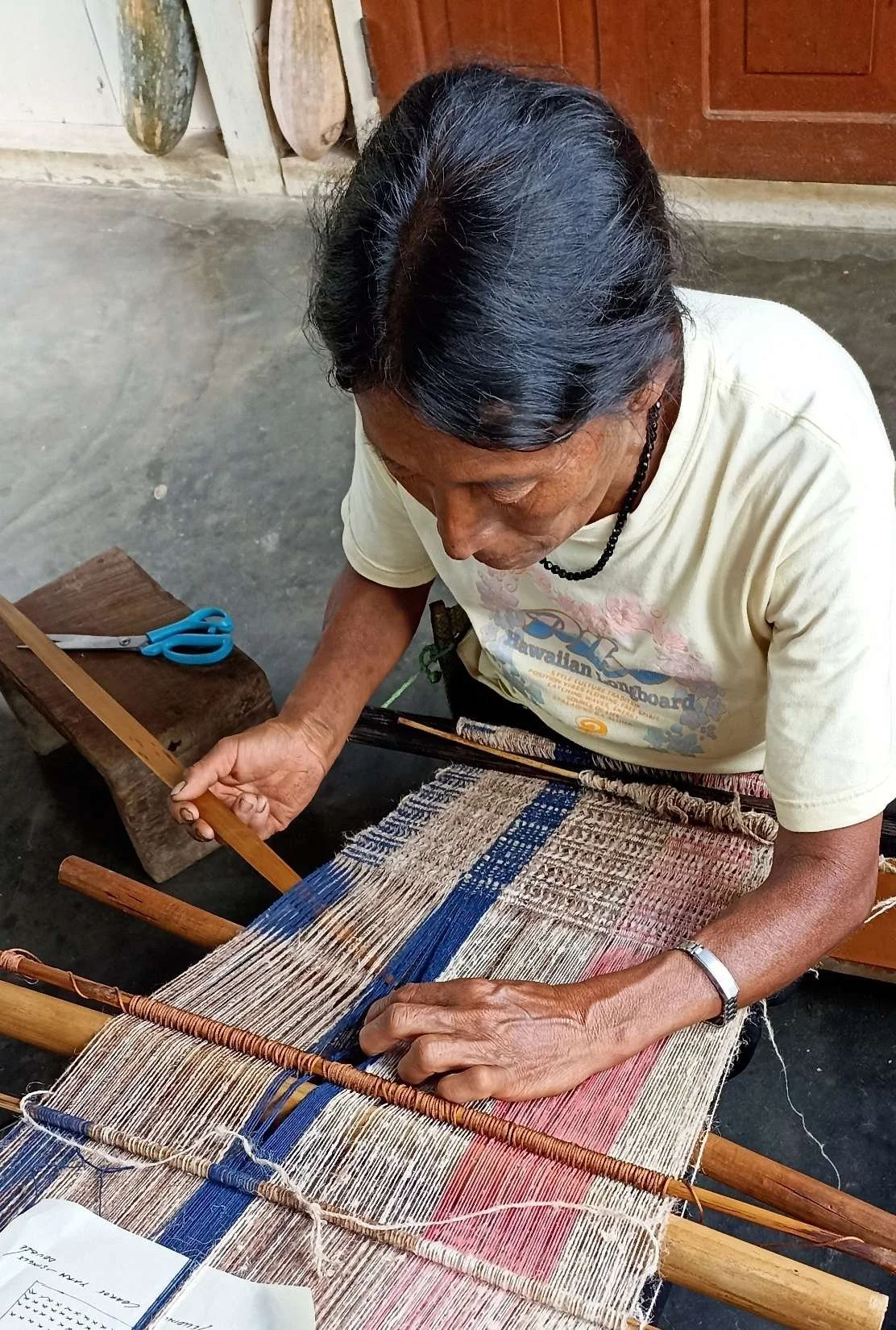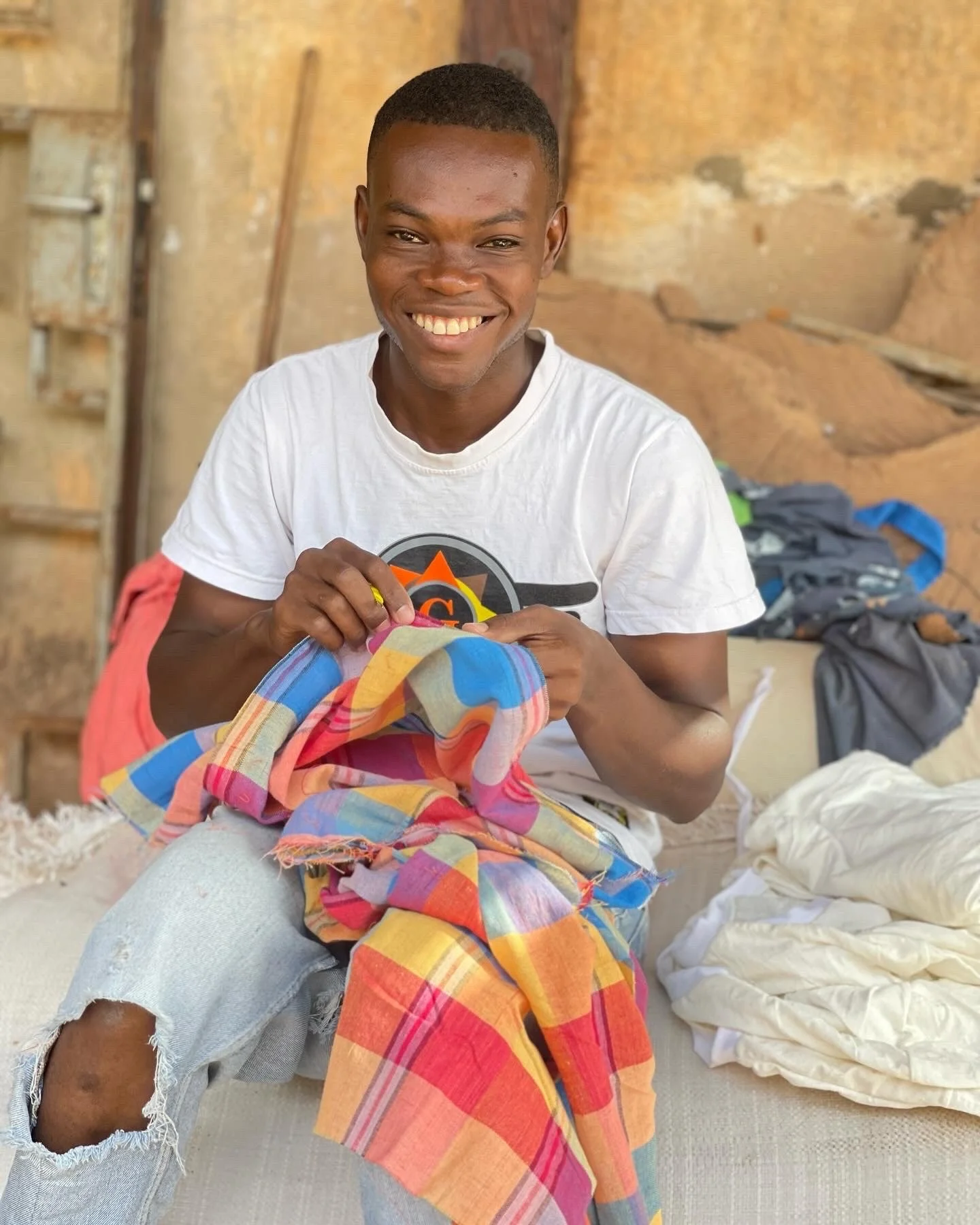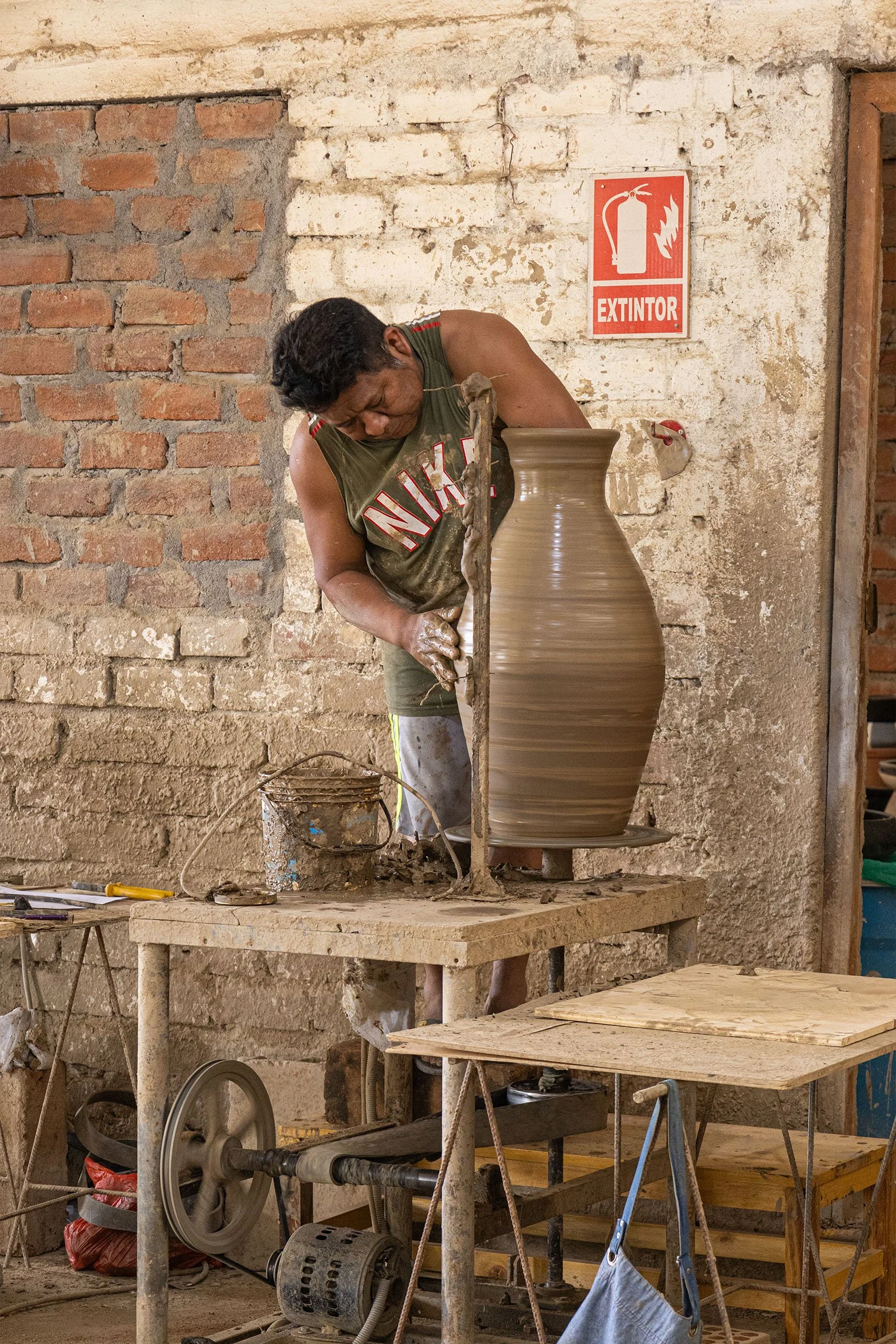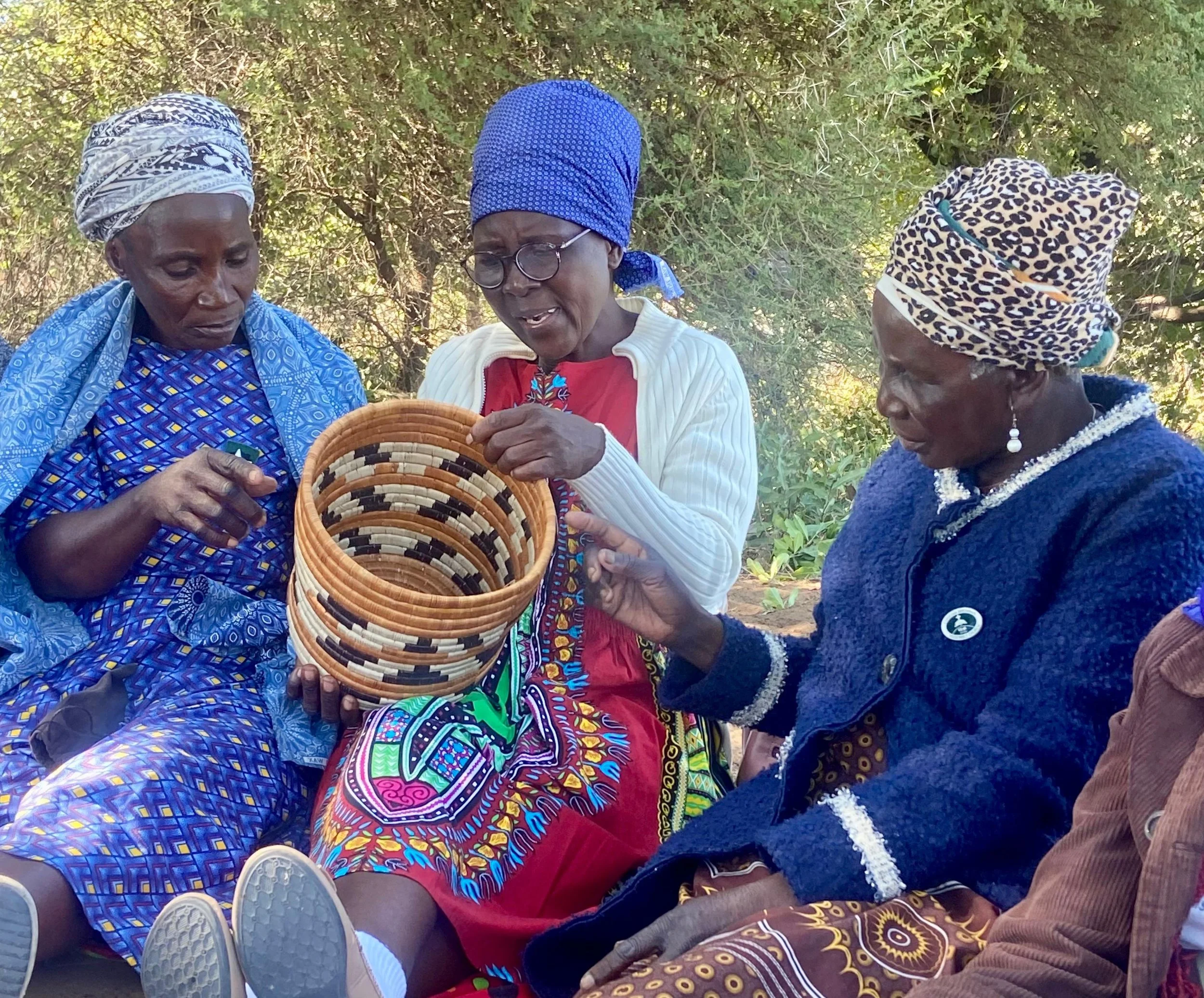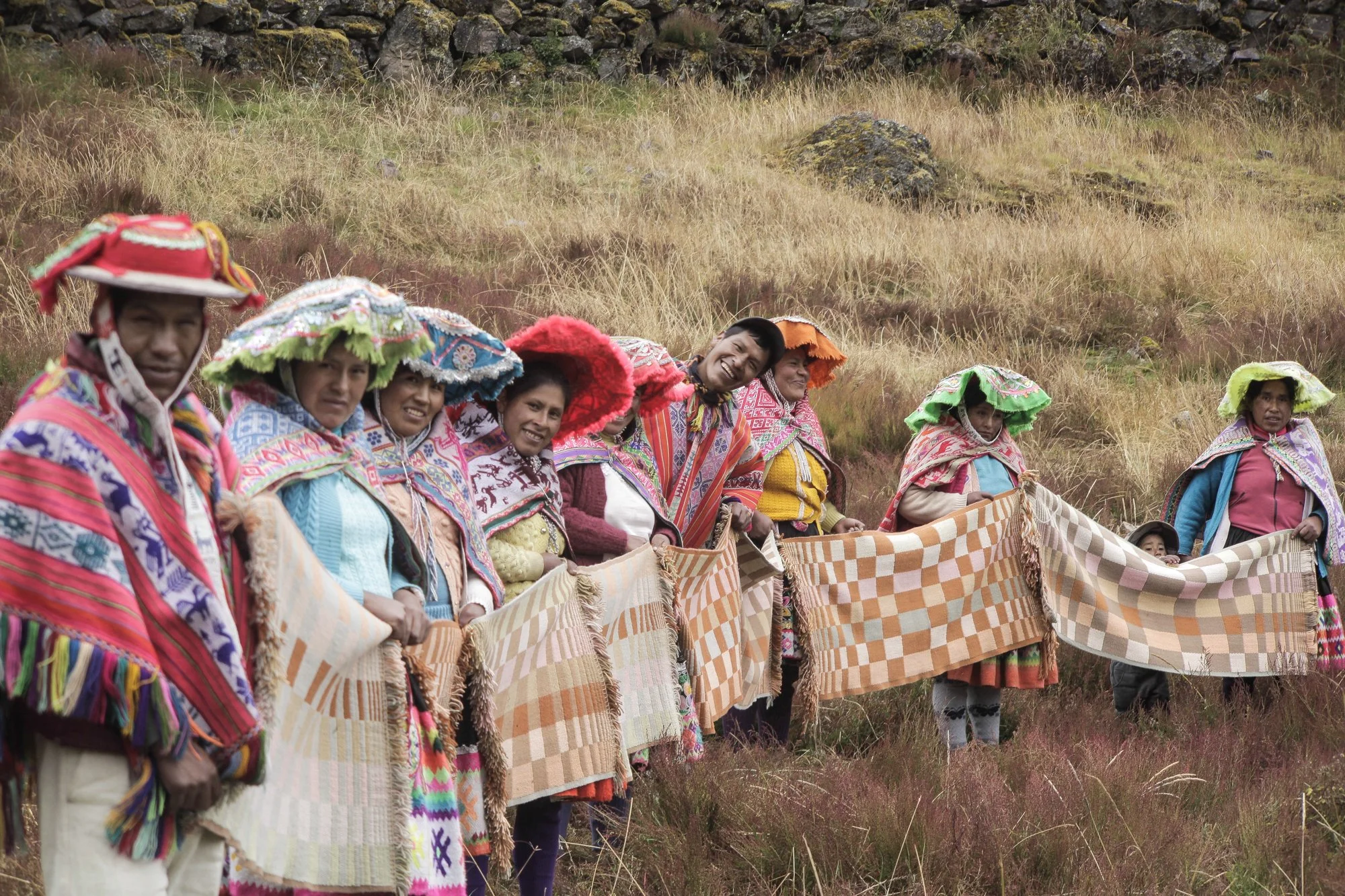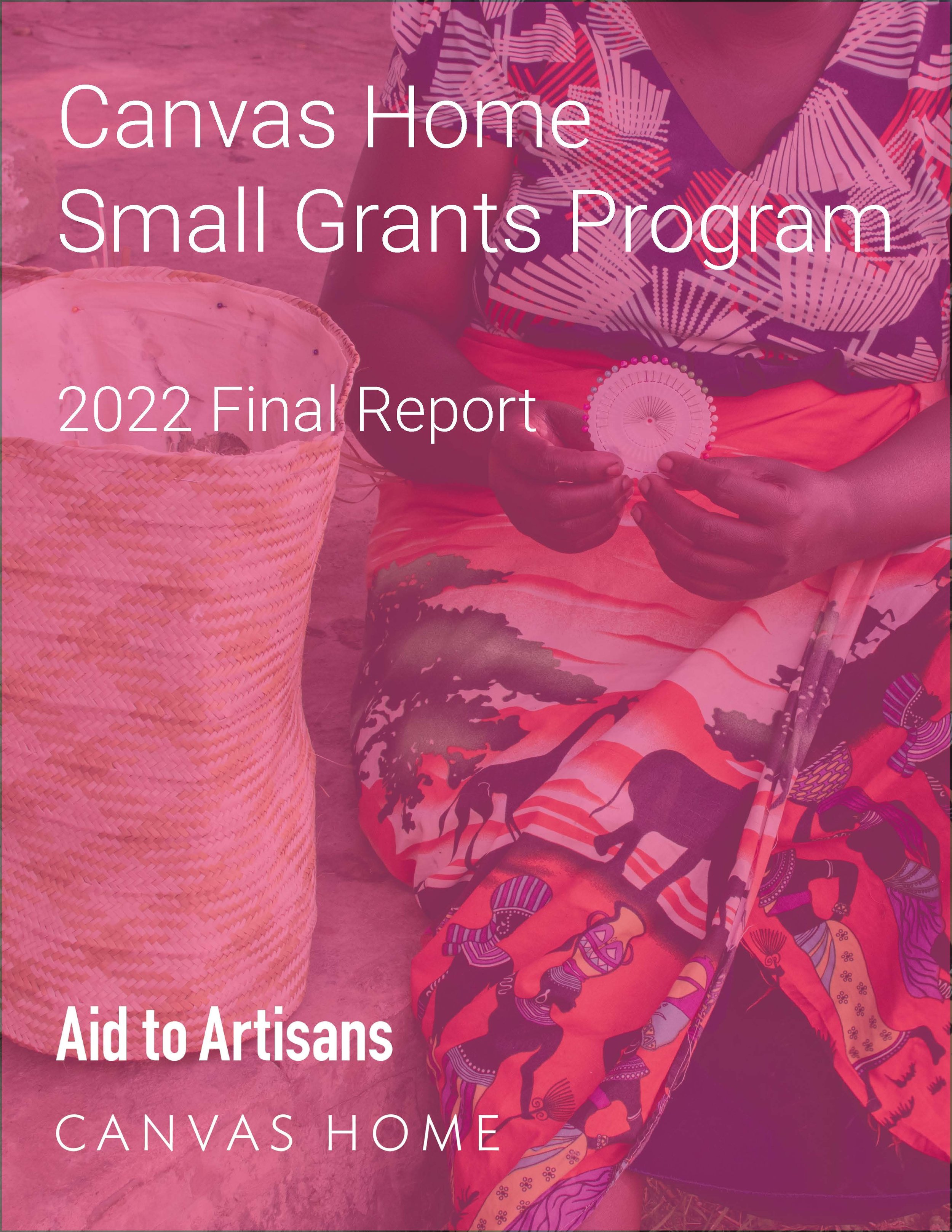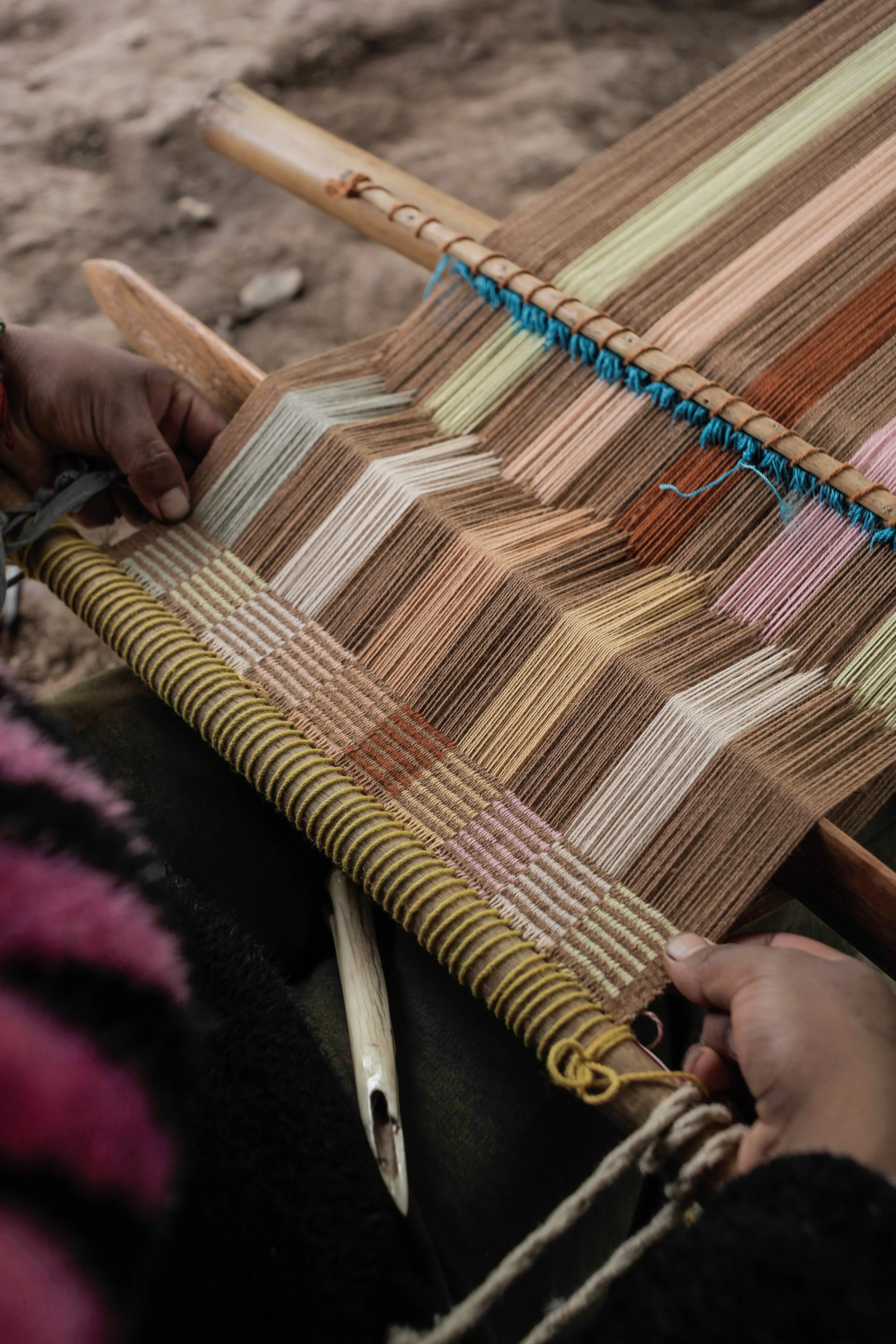
CANVAS HOME SMALL GRANTS
Small Grants, Big Impact
Photo from: Kutichi
› Enrich Artisan Lives
› Preserve Global Heritage
› Craft to Commerce
About the Canvas Home Small Grants Project
The Canvas Home Small Grant program is a long-standing funding program sponsored by Canvas Home, a retailer of artisan ceramics, glassware and textiles. It provides artisan businesses with direct and immediate financial assistance that can lay the groundwork for sustainable income for artisans and their community.
These grants are designed to enable artisan groups to acquire materials, tools, equipment, training, or marketing services in order to expand employment and generate income. This year the Canvas Home Small Grants Program was made possible with the generous contributions from Canvas Home and Creative Learning.
Since 2013, this grant has aided…
29,482
Women Supported
4,531
Men Supported
34
Countries represented
83
Artisan Enterprises have received grants
Image: Artisan from ALLPA SAC in Peru
the 2025 winners
We welcome 10 new awardees from 8 countries, with 5 countries represented for the first time.
-
About ALLPA
ALLPA is a fair-trade company committed to sustainable development, producing innovative, high-quality Peruvian handmade products. Founded by two women, ALLPA collaborates with skilled artisans to design and develop unique crafts while strengthening workshops and production processes.Grant Goals
With this grant, ALLPA will replace traditional wood-fired kilns with energy-efficient gas kilns. This upgrade will allow for precise control of firing temperature and environment, improving consistency and overall quality of their ceramics.Challenges Addressed
Traditional wood-fired kilns generate toxic smoke, contribute to deforestation, and produce uneven firing results, which affects product quality and market competitiveness.Impact
The new kilns will reduce emissions, improve energy efficiency, and produce more uniform, high-quality ceramics. This will support artisan workshops’ growth and help ALLPA successfully expand into global markets.Website: www.allpaperu.pe
-
About The Impact Fund
Established in 2013, the Impact Fund builds partnerships to support resilient livelihoods, empower cultural and heritage-focused tourism businesses, and strengthen civil society organizations in Botswana. Through programs like the “1USD per BedNight” initiative, the BedNight Bank, People’s Path cultural tourism circuit, and Crafted Botswana online marketplace, the Impact Fund connects the travel industry with community development.Grant Goals
This grant will provide three laptops and protective cases to three rural, women-led basket-weaving cooperatives in northern Botswana, which collectively have 80 members.Challenges Addressed
The cooperatives operate in remote areas with limited technology, connectivity, and digital literacy, which restricts productivity and access to broader markets despite their cultural and economic potential.Impact
With access to digital tools, cooperative members will improve operational efficiency, expand market reach, and enhance financial management. The project will strengthen women’s economic independence, preserve traditional basket-weaving skills, and increase the sustainability and visibility of these rural cooperatives.Website: https://travelforimpact.com/
-
About Kutichi
Kutichi, founded in Peru by textile artist Verovcha, creates artisanal rugs, cushions, and table runners rooted in ancestral Andean weaving techniques. Guided by the Quechua word Kutichi, meaning “to return,” the organization celebrates a connection to home, community, and nature, blending traditional methods with mindful experimentation in dyes and fibers.Grant Goals
This grant will support Kutichi artisans by incorporating certified alpaca fiber and upgrading dyeing stations with stainless steel vessels and gas stoves. These improvements will enhance color quality, reduce smoke exposure, and increase efficiency while preserving heritage weaving practices.Challenges Addressed
Kutichi faces logistical challenges coordinating production across high-altitude communities, sourcing natural dyes with consistent results, and transitioning to alpaca fiber without disrupting artisan workflows.Impact
The upgrades will improve textile quality and durability, provide safer working conditions, and strengthen the artisan network. By supporting sustainable practices and preserving ancestral techniques, the project helps Kutichi expand its reach in local and international markets while keeping traditional Andean weaving alive.Website: kutichi.com
-
About MUREM
Museo de Ropa Étnica de México (MUREM) collects, preserves, and presents indigenous, traditional, and contemporary clothing from across Mexico. Through its exhibitions, research library, and community programs, MUREM connects visitors—both local and international—to the skills, artistry, and cultural value of Mexican textile traditions. The nonprofit also collaborates with local artisans to preserve Yucatecan embroidery and other important regional practices.Grant Goals
This grant will support 33 embroidery artisans from Kiichpam Lool by providing materials needed to produce traditional textiles without personal financial investment. These materials enable artisans to continue their craft and create products for sale in museum stores, local markets, exhibitions, and online platforms.Challenges Addressed
Traditional Mayan embroidery is at risk due to younger generations shifting to global fashion and the high cost and time involved in making authentic textiles. Limited resources make it difficult for artisans to sustain their craft while meeting household needs.Impact
The grant will help artisans generate income, support household expenses, and continue practicing heritage embroidery. It also advances their professional growth, strengthens connections to regional traditions, and furthers MUREM’s mission to preserve and promote Mexico’s textile heritage.Website: www.murem.org
-
About PSYDEH / Sierra Madre Network
PSYDEH is a Mexican grassroots organization supporting Indigenous women-led cooperatives in Hidalgo, Mexico. Founded in 2021, the Sierra Madre Network unites four cooperatives to advance social and economic empowerment through traditional Otomí, Tepehua, and Nahua textiles. Over nearly four years, the 60-member network has benefited from training in leadership, fair pricing, and market access, resulting in innovative collections, national and international buyers, and measurable increases in household incomes.Grant Goals
This grant will fund the creation of the Sierra Spring 2026 collection using recycled and locally sourced fabrics and natural dyes. It also supports a training series in natural dye techniques and a small dye production lab, helping artisans improve skills, product quality, and organizational capacity.Challenges Addressed
The network faces geographic isolation, limited market access, and high costs for raw materials. Opportunities for advanced technical and business training are scarce, and rural poverty makes it difficult for artisans to grow their enterprises and maintain traditional craft practices.Impact
The grant will help artisans produce high-quality, eco-friendly textiles that reflect Indigenous stories, expanding sales through e-commerce and pop-up events. This will increase income, support sustainable practices, strengthen economic empowerment, and ensure traditional skills continue to thrive in the modern marketplace.
Website: https://psydeh.org/initiatives/
-
About RSTC
The Rwenzori Sustainable Trade Centre (RSTC) is a not-for-profit, carbon-neutral social enterprise empowering marginalized artisans, primarily women, in Uganda’s Rwenzori Region. Supporting over 4,200 artisans, RSTC promotes sustainable economic growth, fair trade, eco-friendly practices, and inclusive development. As Uganda’s largest handicraft exporter and a verified member of the World Fair Trade Organization (WFTO), RSTC ensures that 72% of retail prices directly benefit producers and implements quality management standards to guarantee consistency and efficiency.Grant Goals
This grant will provide a solar dryer to the Kihunga Miyaga Tulibawuma women’s group, a collective of 175 bamboo artisans. The equipment will streamline the bamboo drying process, enabling the group to meet production deadlines, improve product quality, and increase overall efficiency.Challenges Addressed
Without essential tools, including solar dryers, wood cutters, and compressors, the group struggles to complete bamboo products on time. Delays in drying compromise product quality and lead to order cancellations, reducing artisan income and impacting RSTC’s ability to meet export commitments.Impact
With the solar dryer, artisans will deliver higher-quality bamboo crafts on schedule, increasing income and sustaining livelihoods. The upgrade strengthens RSTC’s commitment to supporting marginalized communities, enhances market reliability, and reinforces sustainable production practices across the region.
Website: https://rwenzorisustainable.org
-
About Salay Handmade
Founded in 1987 in Salay, Philippines, Salay Handmade empowers local artisans by producing innovative handmade paper products, greeting cards, and lifestyle items featuring pressed flowers. The organization has grown from 10 founders to over 400 artisans, exporting to markets in Japan, the US, Europe, and Australia. Guided by faith, nationalism, and fair trade principles, Salay Handmade prioritizes holistic worker development, economic security, and continuous innovation.Grant Goals
This grant will support the acquisition of modern printing and cutting equipment, enhancing flexibility, production volume, and quality for greeting cards and other handmade products. The tools will integrate with existing pressed flower techniques while allowing for new designs and styles to meet evolving market demands.Challenges Addressed
Current limitations in silk-screen printing and outdated cutting equipment restrict production capacity, design variety, and efficiency, making it difficult to sustain interest from trading partners and remain competitive in international markets.Impact
With upgraded equipment, artisans will produce higher-quality, consistent products more efficiently, expanding design possibilities across greeting cards and other home and lifestyle items. The grant will increase production capacity, reduce labor costs, and support Salay Handmade’s mission to innovate while preserving traditional craft techniques.
Website: www.salayhandmade.com
-
About Sreepur Village Bangladesh
Founded in 1989 by British Airways flight attendant Pat Kerr and colleagues, Sreepur Village Bangladesh provides a safe, supportive environment for destitute single mothers and their children. Over 35 years, the residential charity has supported more than 8,000 families, offering shelter, healthcare, education, and vocational training. As the only charity in Bangladesh that keeps families together while creating pathways to independence, Sreepur Village operates sustainable artisan enterprises and reinvests all profits to transform more lives.Grant Goals
This grant will repair and maintain essential artisan equipment, including sewing machines, a flatlock machine, and handmade paper production tools, and improve lighting in workspaces. The upgrades will enable mothers to fulfil orders, maintain consistent production, and continue generating sustainable income.Challenges Addressed
Equipment failures, lack of technical support, and inadequate lighting threaten production and economic stability. Without functional machines, mothers cannot complete orders, risking a return to poverty, while paper-making processes remain halted, disrupting traditional craft methods.Impact
Restored and upgraded equipment will improve craft quality, preserve traditional Bangladeshi textile techniques, and allow artisans to meet international market standards. The grant will enhance efficiency, reduce waste, strengthen fair trade partnerships, and ensure continued vocational training, empowering mothers to maintain financial independence and support their families sustainably.
Website: https://www.sreepurvillage.org/
-
About Woven Threads Nagaland
Founded in 2014, Woven Threads Nagaland is a women-led initiative preserving traditional loin loom weaving. Rural artisans create contemporary, zero-waste textiles from hand-spun ambar charka, organic cotton, stinging nettle, and wild Rhea fibers, transforming indigenous knowledge into sustainable livelihoods.Grant Goals
The grant will provide better tools, raw materials, and skill-building to improve weaving quality, engage younger artisans, and document traditional techniques.Challenges Addressed
Artisans face outdated tools, inconsistent income, and limited market access. Knowledge transfer is critical as the craft has skipped a generation.Impact
The grant will strengthen artisan livelihoods, revive traditional practices, and support sustainable, community-rooted production, ensuring cultural heritage thrives for future generations.
Website: https://www.woventhreads.in/
-
About
Founded in 2011, Xoomba is a design company on a mission to make fashion harmless. Based in Burkina Faso, it creates handmade, organic textiles and clothing that meet the highest environmental and ethical standards. By producing locally and selling directly to customers, Xoomba provides sustainable livelihoods while proving that style and responsibility can go hand in hand.
Challenges
Despite building a full organic cotton value chain in Burkina Faso, Xoomba faces limited visibility and low wholesale margins, restricting its ability to expand, reinvest in its artisans, and provide long-term benefits such as health insurance.
Grant Goals
With support from the Nest Sustainable Artisan Accelerator, Xoomba will strengthen marketing and visibility through intimate, story-driven pop-up events in Martha’s Vineyard and Paris, highlighting its craftsmanship and mission through direct engagement, storytelling, and professional documentation.
Impact
The grant will help Xoomba increase direct sales, secure consistent work for artisans, and raise awareness of organic cotton’s potential in West Africa—building a more sustainable and resilient local fashion ecosystem.
Website: xoomba.com
What Our past awardees Have to Say
"“The grant allowed us to employ two additional artisans and provide them with training on how to use the machines as well as basic knowledge of garment confection. It has also expanded our production capacity and created opportunities for further growth in both production and skills.”
- 2024 Grant Winner Carina Vasquez, Director of Asociación Cojolya
“The grant stamped our presence at the trade show; especially with it being the inaugural show and due to our success, we are working toward being a permanent member of not only Shoppe New York but also Shoppe High Point in North Carolina.”
- 2023 Grant Winner Viola Labi, CEO and Founder of Woven Worldwide
" With this small grant, the amount was not too big, but impact was really high and large… We found confidence in our work… we have utilized this grant to purchase raw materials and produce handcrafted products with our skill and aesthetics which increased the value of products. Eventually this grant supports processes which was really important for our artisans.”
- 2023 Grant Winner Shawon Akand, Director of Jothashilpa
Previous Reports
FAQs
-
To support low-income artisans by providing funds for materials, tools, equipment, training, or marketing services to help expand their businesses.
-
Materials, Tools, Equipment, and Instruction Grant
Marketing Support Grant
-
Established groups of craft producers, such as cooperatives, small businesses, or community-based organizations focusing on crafts in developing countries.
-
Applications are initially reviewed by HANDMADE to MARKET staff for completeness, then forwarded to an independent committee for final selection





